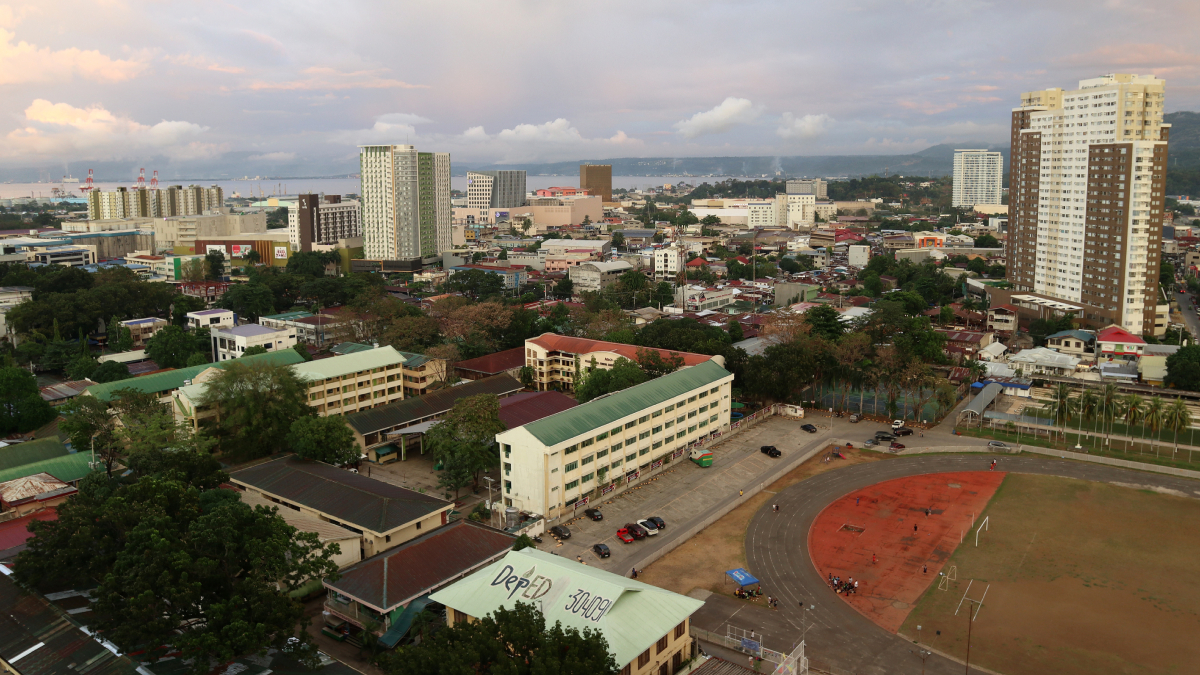The recent surge of Chinese students in Cagayan has drawn attention, which officials attribute to the promotion of the Philippines as a global education hub and the reopening of schools post-pandemic, according to the Bureau of Immigration (BI) and the Commission on Higher Education (CHED).
During a House panel inquiry on Wednesday, concerns were raised by lawmakers about the influx, especially given the ongoing tensions between the Philippines and China in the West Philippine Sea.
“Sa dami ng influx ng students doon, is it not a red flag for CHED, at maalarma kayo?” questioned House Minority Leader and 4Ps Party List Representative Marcelino Libanan. He noted that an Enhanced Defense Cooperation Agreement (EDCA) site between the Philippines and the United States is located in Cagayan.
“The influx of Chinese students began in the academic year 2023-2024 because during the pandemic, it was all online, so there were no foreign students at that time. This year, we will conduct inspections,” CHED Executive Director Cinderella Benitez-Jaro informed the panel.
BI Chief Norman Tansingco added, “The Philippine government has been promoting the country as a regional and global education hub. CHED’s ‘Study in the Philippines’ campaign has significantly boosted the number of foreign students here. Year 2023 was when the country reopened after the pandemic, allowing students who couldn’t enroll due to travel restrictions to return.”
CHED data indicate that the National Capital Region has the highest number of Chinese students for the school year 2023-2024, followed by Region 2, where Cagayan is located. CHED suggested the sudden interest in Cagayan might be due to the affordability of education there.
Cagayan 3rd District Representative Joseph Lara sought confirmation from a local university about a report that a Chinese student paid P1.2 million in school fees. Jeremy Morales, SPUP’s Director for Internationalization, denied this, stating, “The university charges $1,000 per trimester for each foreign student.”
Amid national security concerns, the Department of Foreign Affairs plans to review and tighten policies on student visas. The Bureau of Immigration assured that it thoroughly checks the completeness and authenticity of all documents submitted by applicants, converting temporary visas to student visas only upon receiving a notice of acceptance from an accredited Philippine higher education institution.






